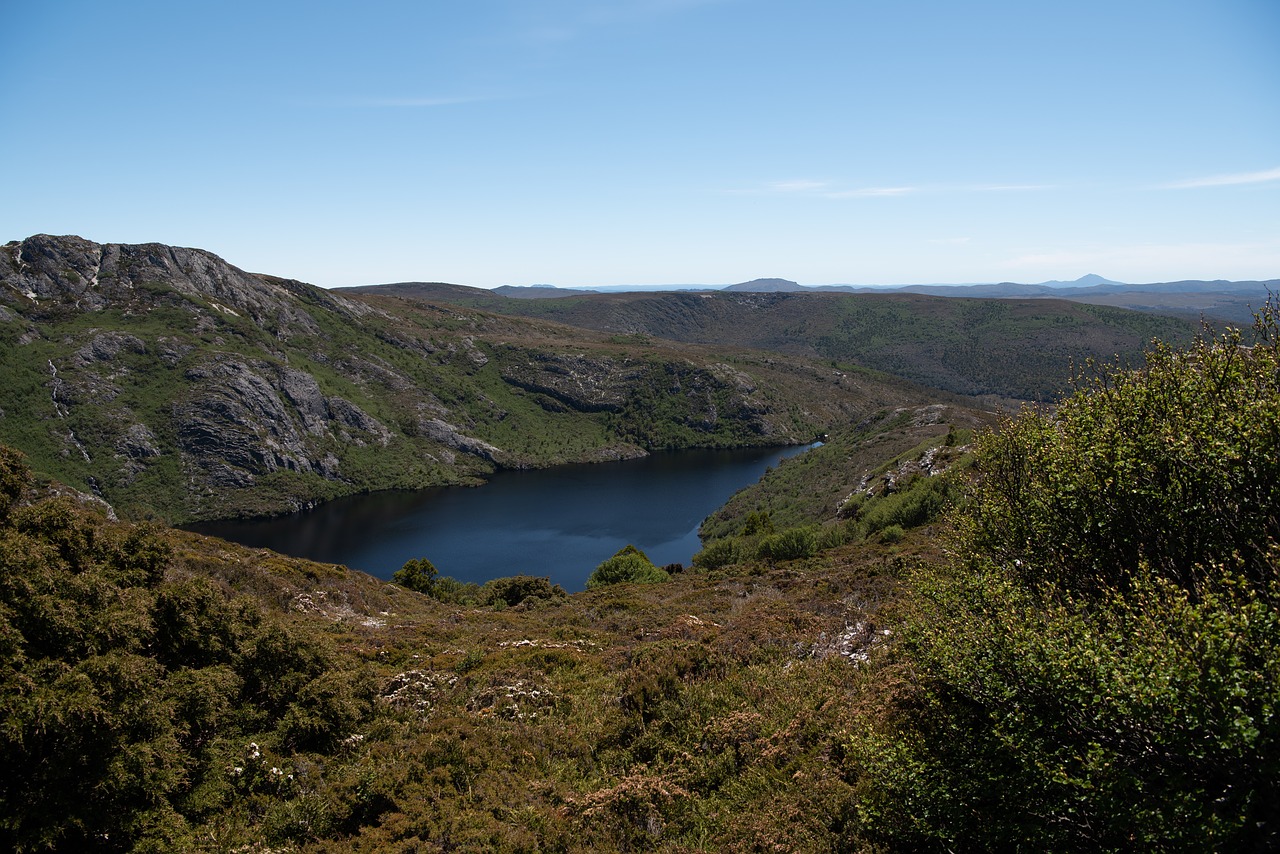Airbnb calls on Hobart Council to focus on the real major drivers of housing affordability issues
Key Takeaways
- Council urged to consider the drivers of housing crisis holistically.
- A ban on short-stay accommodation is unlikely to address housing issues in any impactful way.
- Short-stay accommodation less than one per cent of total housing stock in Hobart.
- Council should consider other measures to increase supply of housing.
- Short-stay hosts being unfairly singled out as part of ill-considered proposal.

Key Takeaways
- Council urged to consider the drivers of housing crisis holistically.
- A ban on short-stay accommodation is unlikely to address housing issues in any impactful way.
- Short-stay accommodation less than one per cent of total housing stock in Hobart.
- Council should consider other measures to increase supply of housing.
- Short-stay hosts being unfairly singled out as part of ill-considered proposal.
Airbnb is urging councillors to consider the real drivers of housing issues in Hobart, and to listen to the hundreds of everyday Tasmanians who use Airbnb to make ends meet.
Council will vote on an unprecedented ban on short-stay accommodation on Monday evening which, if passed, won’t meaningfully address the dominant drivers of rapid house price growth, and insufficient supply in Hobart.
Housing availability and affordability is an extremely complex issue with a range of contributing factors, such as population movements, supply growth and broader economic conditions, including a significantly reduced cost of borrowing.
These issues are not just confined to Hobart, or indeed Australia. Policy makers around the world are grappling with how to solve them, but few have contemplated or implemented the type of heavy-handed restrictions being weighed by council.
Earlier this month the Tasmanian Government acknowledged that ‘The only way to address rising house and rental prices is to increase supply’, when they announced a ten-year, $1.5bn housing package to deliver 10,000 new dwellings.
Council owe it to the community to consider these issues holistically and with reliable data before placing ill-considered limits on existing homeowner’s properties.
The latest official data from the Tasmanian Government shows that non-primary residences in Hobart City Council LGA used for short-stay accommodation represent less than 1 per cent of the total housing stock in Hobart.
Susan Wheeldon, Airbnb Country Manager for Australia and New Zealand, said: “It’s implausible this tiny fraction could be considered a major contributing factor in overall affordability or supply.
“Airbnb empowers everyday Tasmanians to achieve financial independence, fight rising costs of living, pay bills and make payments on their house. With household budgets stretched thin, and rising inflation and cost of living, removing people’s ability to supplement their income by home sharing could have far greater implications for them and their families, not to mention the broader economy.
“Many Hosts make properties available on our platform that would otherwise be used only as holiday homes for friends and family. Under the proposed changes, many of these homes would likely just sit empty throughout the year and not be offered on the long-term rental market. At the same time, they would no longer be helping to spur economic growth and bring in valuable tourist dollars for local businesses.
“Without short-stay accommodation, Hobart would be unable to welcome the number of visitors that make events in the city like Dark Mofo, and Taste of Summer possible. It is unfair to cynically single out our Host community and blame them for what is ultimately a complex public policy issue.
“If introduced, such rules would place Hobart and Tasmania on a vastly unequal footing, and will ultimately hurt guests, local businesses and communities across the city and state by reducing choice, availability, and affordability of accommodation.
“Tasmanian governments should be commended for their care and deliberate approach to ease the cost of living, like the decision to offer free public transport in response to rising fuel prices, but this approach by council is simply robbing Peter to pay Paul.”
Prior to the COVID-19 pandemic, an Airbnb-commissioned report by Oxford Economics found that Airbnb guests spent more than $364 million in Tasmania in 2019, and supported 3,200 jobs across the state.1
Many Hosts on Airbnb share their homes to help combat rising costs of living and meet mortgage repayments. In a survey* of Australian Hosts on Airbnb in 2021, a third of respondents said the primary reason they started hosting was to ‘make ends meet’. In turn, these Hosts help drive economic growth and job creation, with many local businesses relying on the valuable tourism dollars spent by Airbnb guests.
*Survey dates from Feb 1, 2021 to Mar 3, 2021 for Homes Hosts in Australia who hosted a trip during 2020.
1‘The economic impact of Airbnb in Australia’: An independent report by Oxford Economics, August 2020